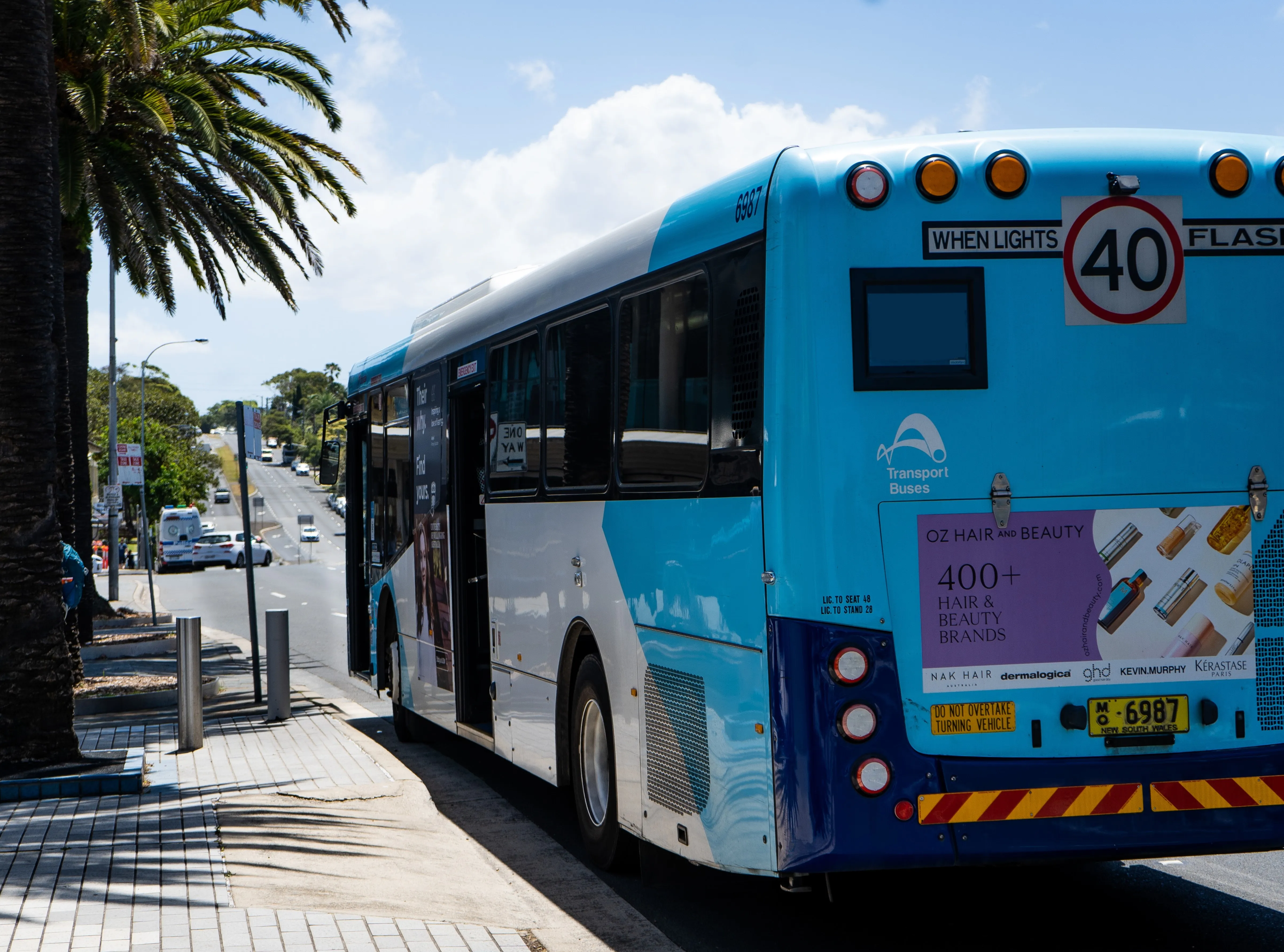Transport for London (TfL) and bus operator Go-Ahead London have begun a trial of the capital’s first electric buses on two routes in the city.
The 12-metre single deck buses were built by Chinese manufacturer BYD Auto have zero tail pipe emissions, resulting in lower carbon emissions. The trial will help TfL develop plans for greater use of electric buses in central London in the future, supporting the Mayor’s vision of a central London Ultra Low Emission Zone.
The trial will be used to establish wh
December 19, 2013
Read time: 3 mins
The 12-metre single deck buses were built by Chinese manufacturer
The trial will be used to establish whether the technology can stand up to the rigours of operating in an intense urban environment such as London. The manufacturer’s tests demonstrated a potential running cost saving of around 75 per cent compared to a diesel bus. The buses take around four to five hours to fully charge overnight and should have a range of 250 kilometres, which would be sufficient to operate these buses for a full day on these routes without the need to recharge.
In addition to the two buses in this trial, six additional electric buses will be introduced into the TfL fleet in early 2014. Four of the buses were secured with funding from the Department of Transport (DfT) Green Bus Fund with a further two funded from TfL’s technology demonstration budget.
Mike Weston, TfL’s Director of Buses, said: “We will be closely monitoring the performance of these vehicles while they are being trialled here in London. Should the performance and reliability of these buses meet London’s challenging requirements, this could be a very important step towards adopting this new clean technology in the capital.”
John Trayner, Managing Director of Go-Ahead London, said: “We are delighted to be partnering TFL and BYD on this exciting new project to run the first electric buses on London's streets.”
Isbrand Ho, Managing Director of BYD Europe, said today “We are convinced that widespread adoption of the BYD ebus could have a dramatic effect on lowering pollution levels in major cities so this development in London, one of the world’s top cities, is of tremendous importance. We look forward to a long and positive relationship with Transport for London and Go-Ahead London and to further deliveries of our market leading products in London and other UK Cities.”









